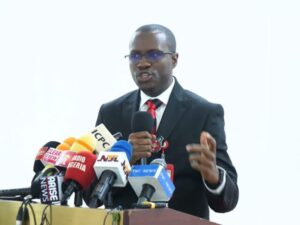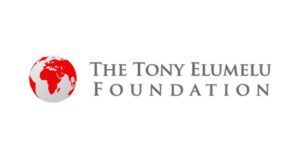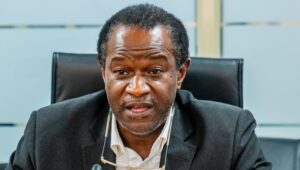MPC meeting: Hike interest rate to reduce inflationary — IMF advises CBN
In a joint effort to reduce the inflationary pressure on Nigeria’s economy, the International Monetary Fund (IMF) has advised the Central Bank of Nigeria (CBN) to again hike its Monetary Policy Rate (MPR)
Director of Communications, Ms. Julie Kozack speaking in Washington DC, United States of America noted that the liquidity mop-up being undertaken by the CBN was already addressing the high inflationary rate of over 27 percent.
Ms. Kozack noted President Bola Tinubu’s policy actions on the removal of fuel subsidy and the.unification of exchange rates.
A transcript of her response to a question on Nigeria, obtained from the institution’s websites read in part, “On Nigeria, President Tinubu has implemented two bold and important reforms shortly after taking office.”
“The first is on fuel subsidies. Nigeria’s fuel subsidies were costly, especially for the budget, and not well targeted to provide relief for vulnerable households, and so this was rectified. And the second was unifying of the official exchange rate and that removed long standing distortions of the multiple exchange rate system.
“You asked a specific question on inflation. Inflation in Nigeria is running very high. It reached over 27 percent in October, that is the year-on-year number.
“The Central Bank, under its new leadership, has started to withdraw excess liquidity that was in the system and contributing to high inflation.
“The next Monetary Policy Committee meeting should further raise the policy interest rate. So, the Central bank is taking action to try to address the high inflation problem. As we mentioned in our Article IV Consultation, which was held in February of 2023, raising revenue from the very current low revenue to GDP ratio of 9 percent is essential to create fiscal space for social and development spending. 9 percent of GDP is a very low revenue to GDP ratio, and it is really not high enough to be able to support strong social safety nets, and development spending, to help protect vulnerable households and also to meet Nigeria’s development needs.
“The 2024 budget aims to reduce the fiscal deficit while also creating space for these priority spendings, both on the social side and also on the development side,” she said.




